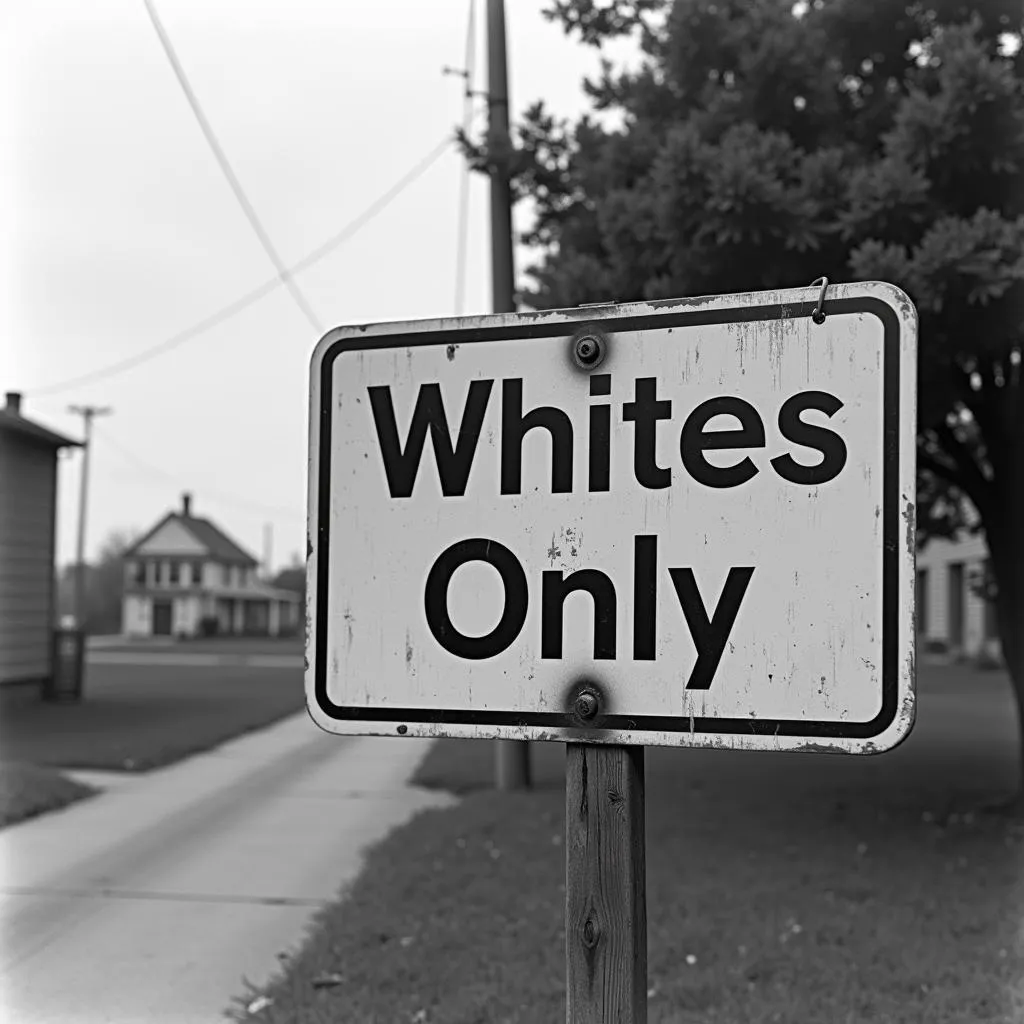African God of War: Exploring the Powerful Deities of Warfare
Across the diverse cultures and mythologies of Africa, the concept of a “god of war” takes on fascinating and multifaceted forms. These deities, far from simply embodying aggression and violence, often represent complex aspects of life, from ironworking and technology to justice and societal order. They are revered not only for their martial prowess but also for their roles in protecting communities and upholding important cultural values. Let’s delve into the intriguing world of African war gods and explore their significance. Soon after this introduction you’ll learn more about African Gods of War, including information on Ogun. african god ogun
Who Are the Prominent African Gods of War?
While many African cultures have deities associated with war, several stand out for their prominence and widespread recognition. These include Ogun of the Yoruba people, who is also revered as a god of iron and technology; Gu of the Fon people of Benin, a powerful warrior god associated with iron and blacksmithing; and Arebati of the Dahomey (present-day Benin), a fierce god of war known for his courage and leadership in battle. These deities, while sharing the common thread of warfare, each possess unique attributes and stories that reflect the specific cultural contexts in which they are worshipped.
The Role of War Gods in African Society
African war gods are not simply figures of destruction. They often play crucial roles in maintaining societal balance, protecting communities from external threats, and upholding justice. For example, Ogun, beyond his association with war, is also revered as a god of justice and ethical conduct. This duality highlights the multifaceted nature of these deities and their importance in shaping cultural values and social structures.
Beyond the Battlefield: The Multifaceted Nature of War Gods
Many African war gods have domains that extend beyond the realm of warfare. They are often associated with other essential aspects of life, such as agriculture, hunting, and even creativity. This interconnectedness emphasizes the holistic view of life prevalent in many African cultures, where different aspects of existence are seen as interwoven and interdependent.
Understanding the Symbolism of African War Gods
The symbolism associated with African war gods is rich and varied. Iron, for example, is a common symbol of strength, resilience, and technological advancement. Animals, such as the leopard and the lion, are often associated with power, courage, and leadership. These symbols, woven into the narratives and rituals surrounding these deities, provide deeper insights into the values and beliefs of the cultures that revere them.
Rituals and Practices Associated with War Gods
Rituals dedicated to African war gods often involve offerings, sacrifices, and elaborate ceremonies. These rituals serve to honor the deities, seek their protection and blessings, and maintain a harmonious relationship between the human and spiritual realms. They also play a crucial role in reinforcing social cohesion and transmitting cultural knowledge across generations.
The African American Theology and its Connections
Exploring african american theology can provide valuable context for understanding the enduring influence of African spiritual traditions. While the transatlantic slave trade disrupted many cultural connections, remnants of these beliefs can be found in various forms throughout the African diaspora.
The Importance of Preserving African Cultural Heritage
Understanding the rich tapestry of African mythology and religious traditions is essential for appreciating the continent’s cultural diversity and historical depth. By exploring the fascinating world of African war gods, we gain valuable insights into the complex interplay of religion, society, and culture. We also discover the importance of preserving these traditions for future generations.
Conclusion: The Enduring Legacy of African War Gods
The African God Of War, in its various manifestations across the continent, represents more than just martial prowess. These deities embody complex aspects of life, reflecting the values, beliefs, and social structures of the cultures that revere them. By exploring their stories and symbolism, we gain a deeper understanding of the rich cultural heritage of Africa and the enduring legacy of its spiritual traditions. If you’re interested in empowering narratives, you may also want to explore african american women autobiography.
FAQ
- Are all African war gods male?
- What is the significance of iron in relation to African war gods?
- Do African war gods have other domains besides warfare?
- How are African war gods typically depicted in art?
- What are some common rituals associated with African war gods?
- Are there any female figures associated with war in African mythology?
- How have African war god traditions been impacted by colonialism and globalization?
Situations Where Questions about African War Gods Might Arise
- Academic research on African mythology and religion
- Cultural studies exploring African traditions
- Discussions about the role of deities in different societies
- Comparative mythology studies
- Art history analyses of African sculptures and other art forms
Related Topics and Further Exploration
- African creation myths
- The role of ancestors in African spirituality
- African divination practices
- The impact of African religions on the diaspora
If you need further assistance, please contact us. Phone: +255768904061, Email: [email protected], or visit our address: Mbarali DC Mawindi, Kangaga, Tanzania. We have a 24/7 customer service team.
